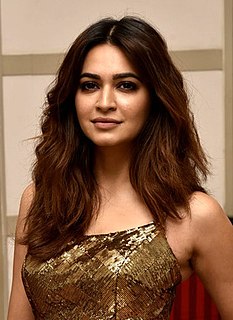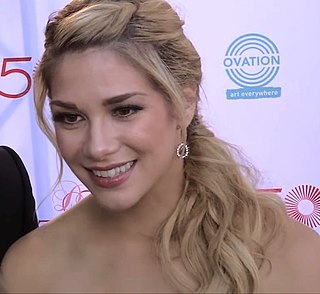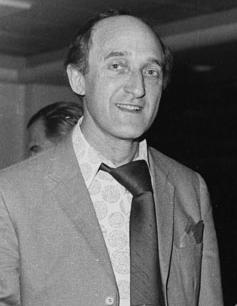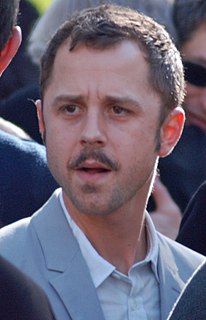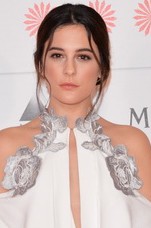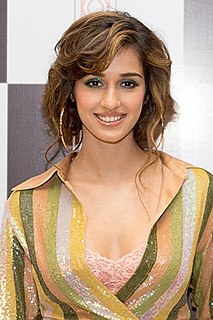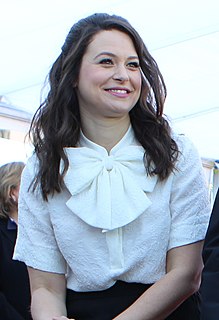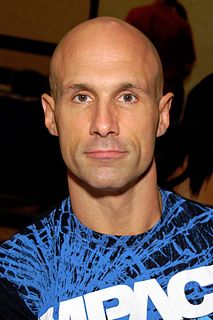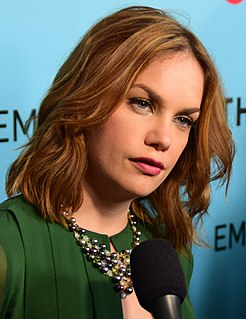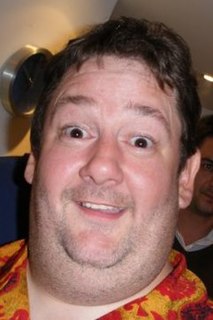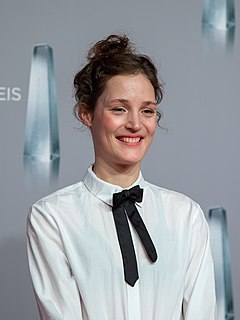A Quote by Kriti Kharbanda
While acting, you just go with the flow of what you are feeling, but dubbing requires recreating and reliving those emotions all over again. So it's very necessary to match up to the performance in front of the camera.
Related Quotes
I couldn't be 'Johnny' in front of a camera in acting jobs and behind the camera I like to be 'Michael.' With directing, you can't do it by halves. There's a lot of reflection, and I have found that I, as 'Michael,' thrive on it. It's lovely coming home and feeling that stuff from a day's work as myself.
I stood in front of a mountain and was overwhelmed by the beauty and energy; I had goosebumps. I thought, if I could record this feeling, go back home and pour it out again so other people can have that feeling, this I would want to be my work. I knew it was acting - I wanted to be like a messenger or medium.
